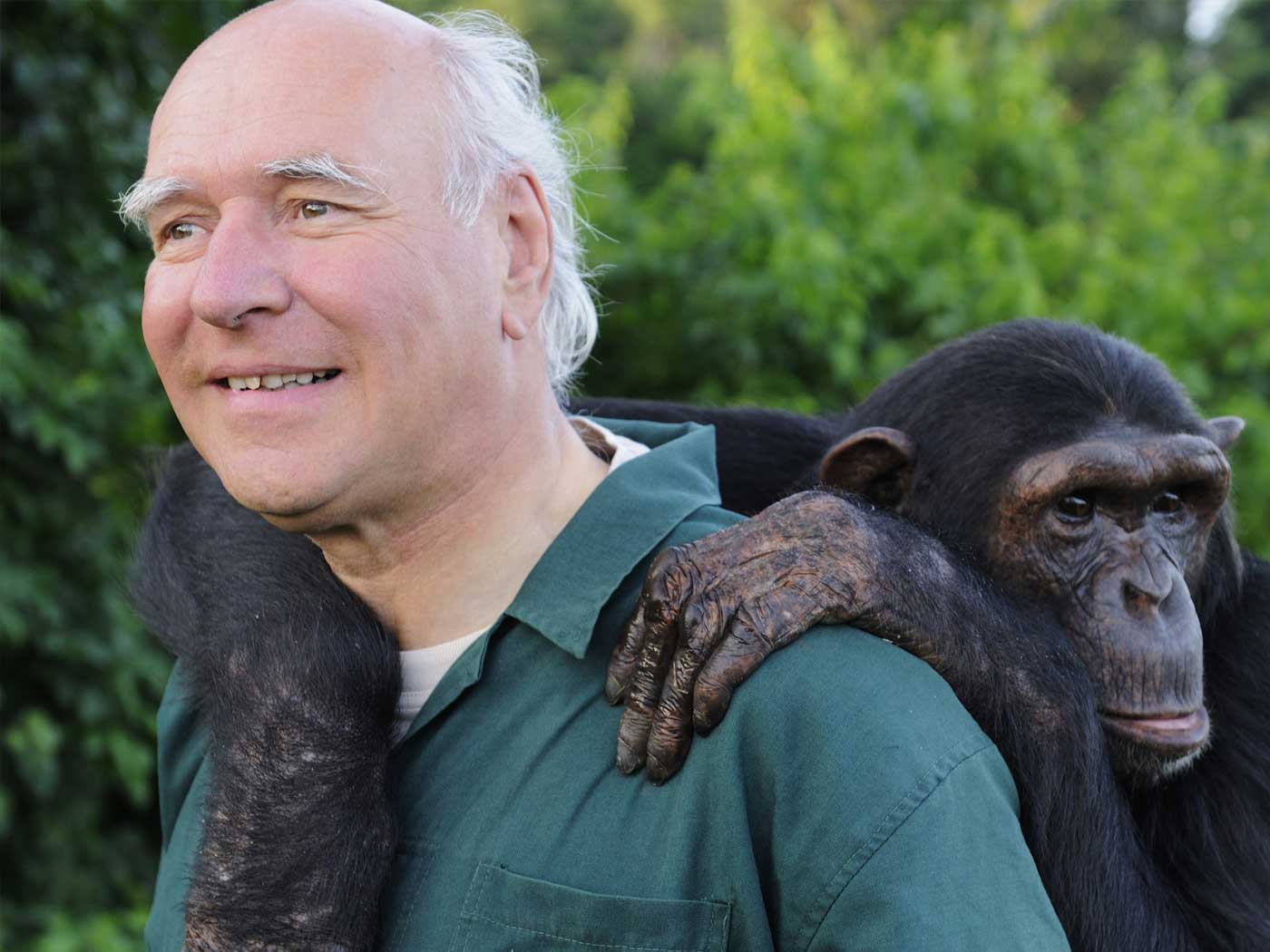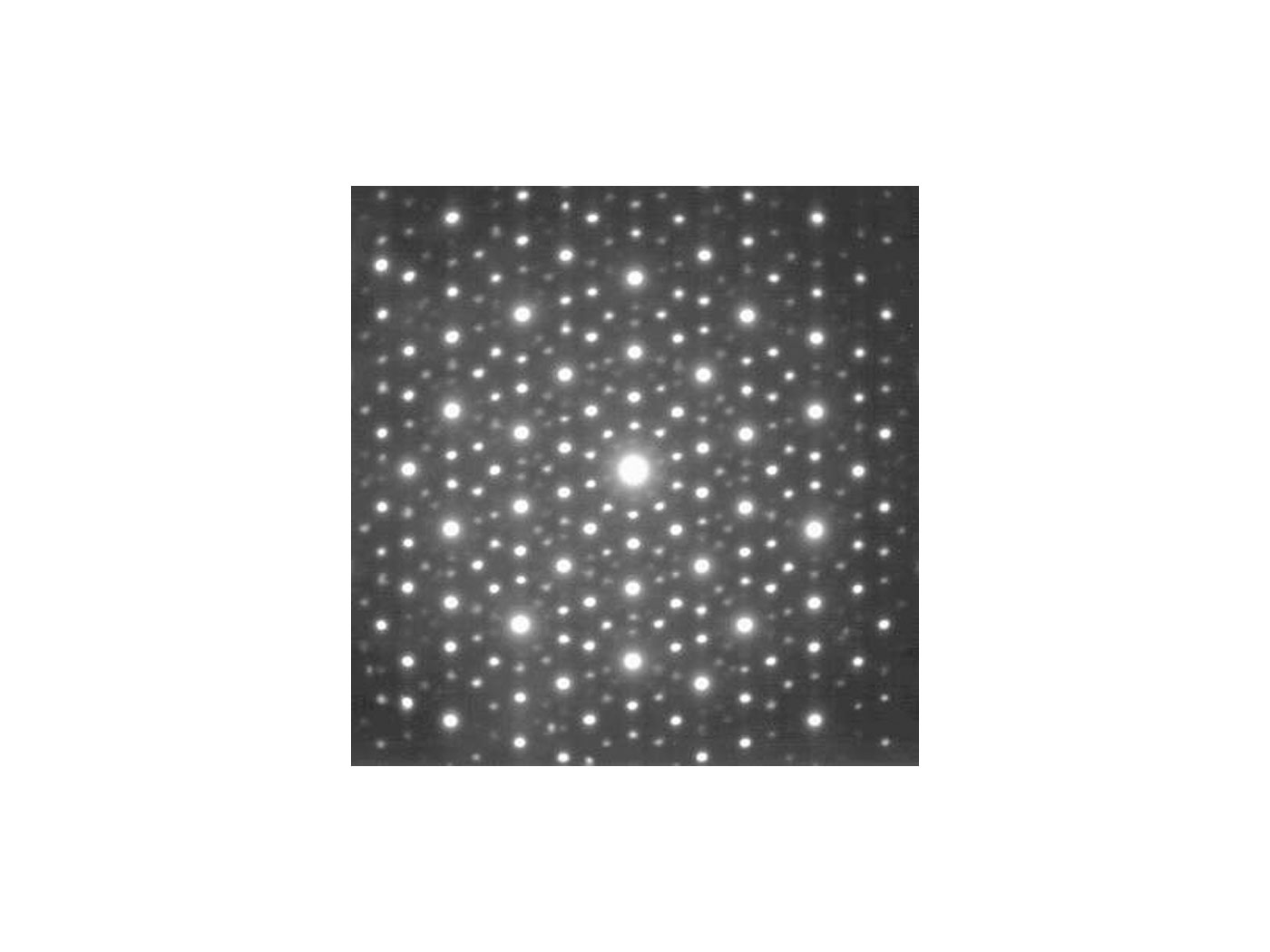In complete contradiction to evolutionary predictions, the language systems in the genome continue to reveal nothing but unimaginable complexity. As a news story on a recent discovery explains, "The world of epigenetics—where molecular 'switches' attached to DNA turn genes on and off—has just got bigger with the discovery by a team of scientists from the University of Cambridge of a new type of epigenetic modification."1
One of the most exciting and rapidly expanding research fields in the study of the genome is the area of epigenetics. The term epigenetics is derived from the Greek prefix epi which means "on top of." In other words, this is an additional type of genomic language that overlays the DNA code which helps to control how genes are switched on or off. Epigenetics is one explanation for how our environment and behavioral traits, such as diet or smoking, can affect our genome and how many of these changes can even be heritable—affecting traits literally passed along to our children and grandchildren.
Scientists study epigenetics by analyzing DNA that has been modified in such a way that its functional chemistry is changed, while leaving unaltered the actual sequence of base pairs that make up the genetic code.
An organism's DNA can be modified in two epigenetic ways. First, chemical groups are added to the actual DNA base molecules or nucleotide letters. Second, proteins called histones that integrate with the DNA are modified in many different ways. Both of these types of DNA modification determine the accessibility of DNA to proteins that bind to it and control and help regulate gene activity.
Epigenetic modification is highly controlled by a wide variety of specialized cellular machinery that adds or removes epigenetic tags. The presence of these tags on either the DNA molecule or the histone proteins plays a major role in the way that a variety of genes are expressed, i.e. turned off and on. In fact, numerous human diseases are associated with epigenetic changes that are not part of a normal healthy genomic profile.
One of the problems with studying epigenetics is dealing with its overwhelming complexity. The genetic code comprises the ordered sequence of nucleotide letters A, C, T, and G, but the histone code has over 100 different letters (chemical tags) in its alphabet. The epigenetic code for the DNA itself was thought to be much simpler—the only major modification seemed to be whether a methyl group was attached to a cytosine (C). However, this new discovery indicates that many more DNA modifications exist in human, mouse, and other vertebrates than previously believed.2
The researchers came across this new discovery by analyzing modifications made to RNA molecules—copies or transcripts of genes from the genome. They knew that RNAs often had methyl groups attached to their adenines (A) as opposed to cytosines (C) in DNA. Now they found that adenines in DNA also have methyl groups attached to them as epigenetic tags. The lead researcher Dr. Koziol stated, "We believe it is more likely that there are many more modifications that directly regulate our DNA. This could open up the field of epigenetics."1
While the prevalence of this new genetic code in the DNA seems to be less common than cytosine methylations, the unexpected linguistic complexity of this epigenetic tag is anything but simple. As scientific discovery advances in the field of genomics, the genome and its diversity of elaborate interlocking languages speaks of vast levels of intelligent bio-engineering, not purposeless random evolution.
References
- Epigenetic discovery suggests DNA modifications more diverse than previously thought. University of Cambridge News. Posted on cam.ac.uk December 21, 2015, accessed January 15, 2016.
- Koziol, M. et al. 2016. Identification of methylated deoxyadenosines in vertebrates reveals diversity in DNA modifications. Nature Structural & Molecular Biology. 23 (1): 24-30.
*Dr. Tomkins is Research Associate at the Institute for Creation Research and received his Ph.D. in genetics from Clemson University.
Article posted on January 28, 2016.
























